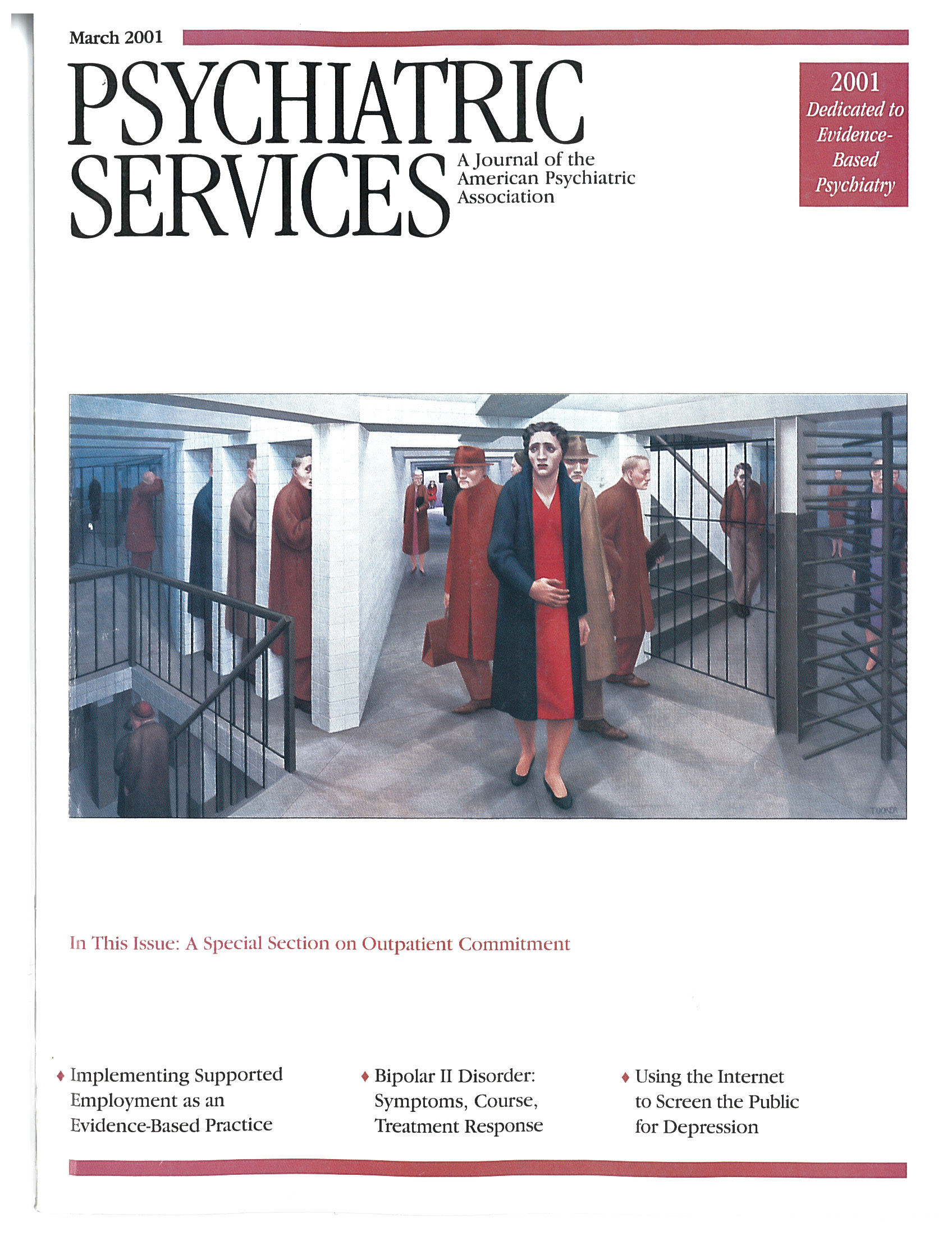Listening to Patients: Relearning the Art of Healing in Psychotherapy
Promoting healing with psychotherapy is the art that drew many of us into the field of mental health, and Richard Druss nurtures that art in his book. In an era that emphasizes the scientific paradigm of measurable outcomes, productivity quotients, and justification of treatment, Druss provides a welcome balance. He focuses on how listening is the essence of what makes healing work in any setting. The book is intended to serve as an introductory text for psychotherapists in training as well as for the general public. Druss meets his goal of conveying the thrill of healing with psychotherapy and the flexibility and imagination necessary to do so.
Through the book's nine chapters, Druss gives the reader an overview of the landscape of psychotherapy, from the initial appointment to a return to treatment after termination, visiting the terrain through case stories. Although clearly drawing on his twenty-five years of experience as a supervising psychoanalyst, Druss emphasizes the common need to create a good working alliance, whether embarking on a cognitive-behavioral course, consultation-liaison work, or long-term psychotherapy. He teaches that a good therapeutic alliance can take flexibility and imagination to develop; he provides the examples of connecting with one patient through writing on a chalkboard, with another by sharing stamp collections. While promoting creativity, Druss is clear about maintaining boundaries. He conveys the inevitability of idiosyncrasy in our patients, and he provides encouragement through his own example of persistence in making connections in the face of distrust.
This is a slim book, and it makes no pretense of being a comprehensive primer on psychotherapy. Rather, it is a distillation of what listening really means in psychotherapeutic work. Druss encourages subtle attention to the patient's goals for therapy, life story, cultural background, and spiritual practices. The focus of therapy is on meeting the patient's goals, not the therapist's. One of the charms of this book is Druss's willingness to use some of his less successful therapeutic encounters to illustrate his teaching points.
A limitation of the book is that the cases are dated; they are all drawn from Druss's work between 1965 and 1975. Although the cases explore timeless themes, the lack of contemporary material lessens the impact of Druss's thesis. What does it mean to listen to patients now? Although he acknowledges the value of a variety of psychotherapeutic approaches, Druss views his cases through a traditional psychoanalytic lens that largely lacks a feminist or postmodern sensibility. A fuller awareness of how his particular viewpoint influences what he hears when he listens would enrich his work.
Listening to Patients is a balm in the world of modern therapeutic demands. Although the book was written for beginners, its lyrical storytelling and hopeful message make it a treat for experienced clinicians as well. Novices and seasoned clinicians alike will appreciate Druss's attention to the essential art of listening in our work.
Dr. Hamkins is the college psychiatrist at Smith College's counseling service in Northampton, Massachusetts, and consulting psychiatrist at the Carson Center for Adults and Families in Westfield.



